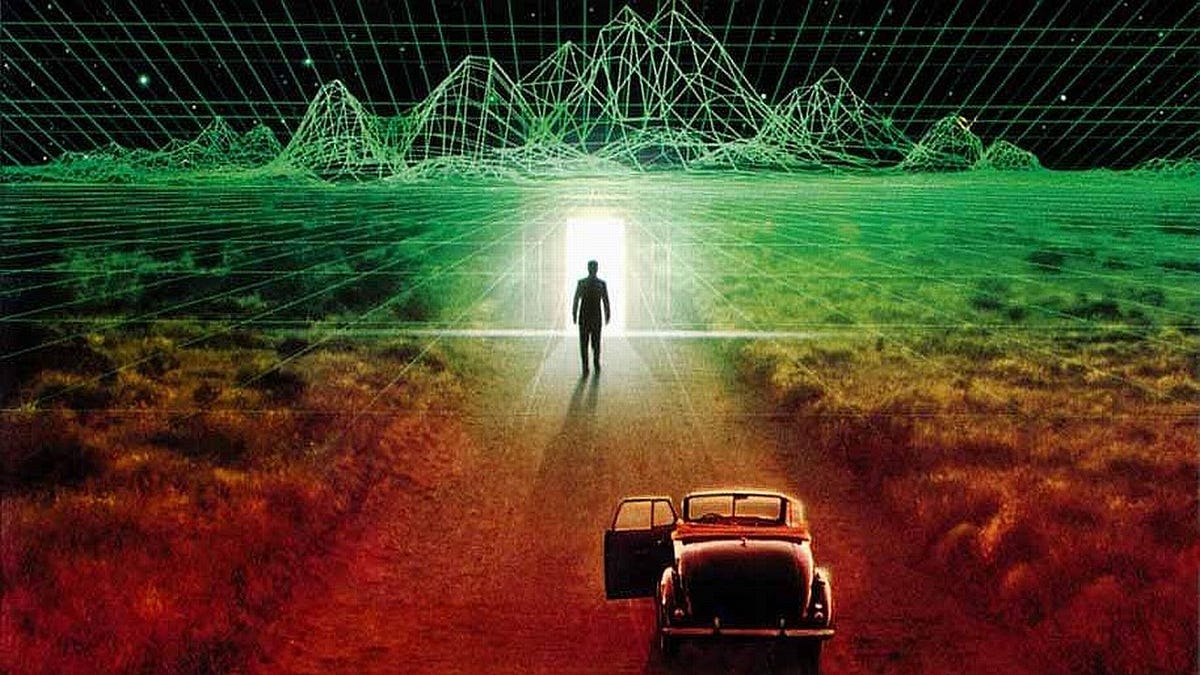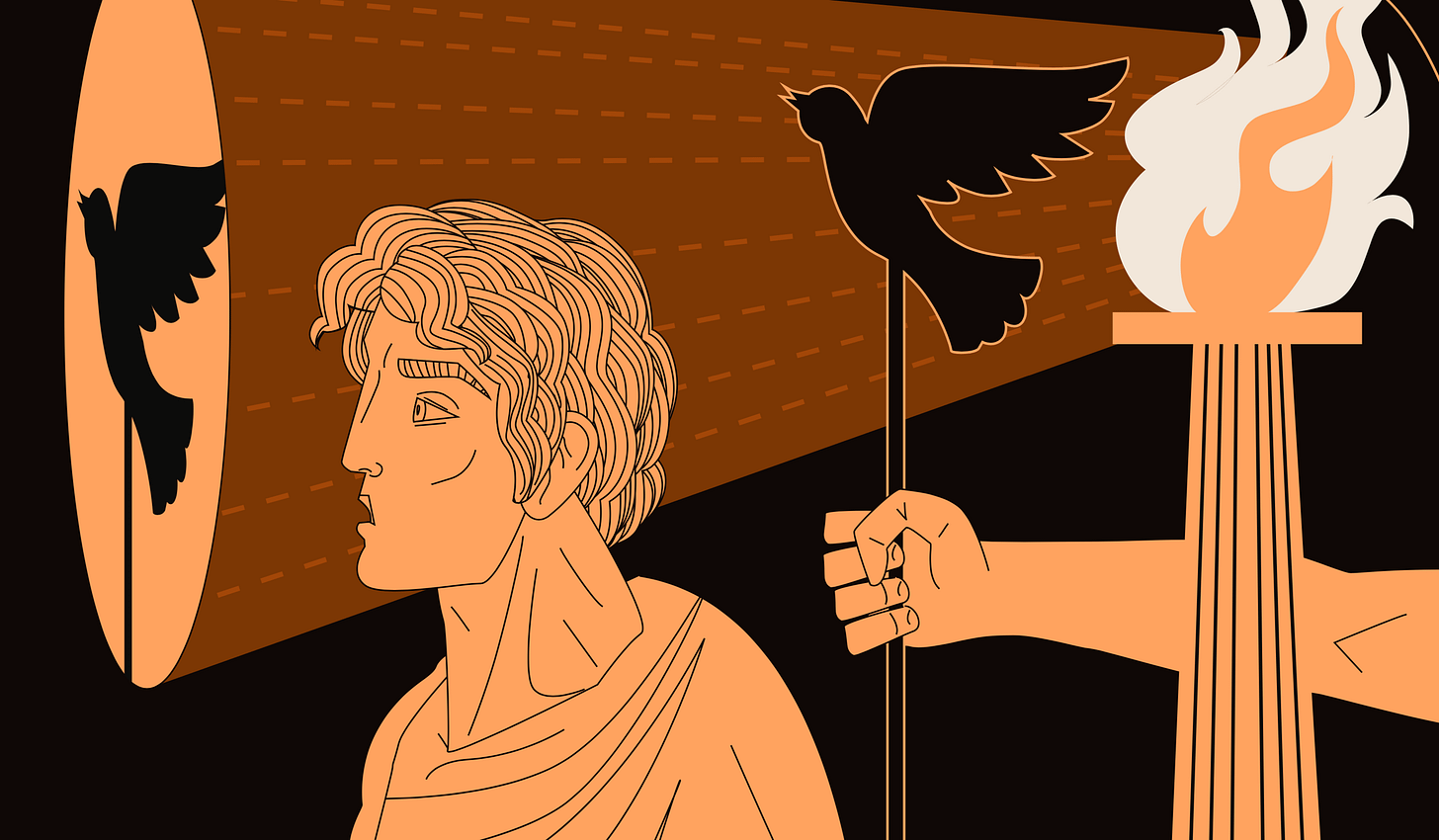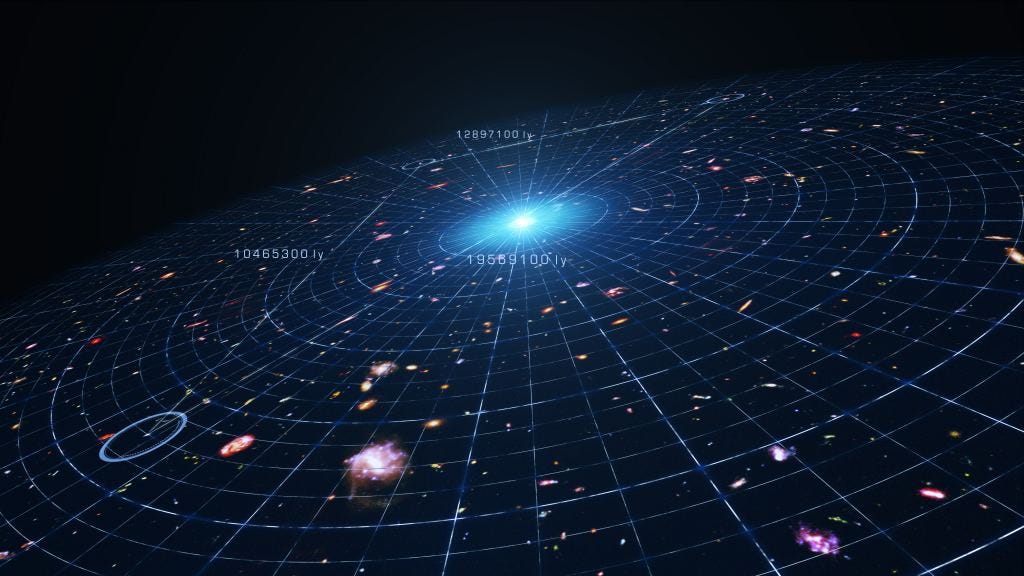Living in a Simulation: The Intersection of Science, Philosophy, and Consciousness: A Critical Analysis of the Simulation Hypothesis and Its Far-reaching Implications
The intriguing possibility that our reality is a sophisticated simulation akin to the world depicted in the 1999 movie The Matrix has gained traction among scientists and philosophers alike. This hypothesis, rooted in age-old philosophical musings, has been rejuvenated by advances in quantum physics and computational theory. Current scientific endeavors aim to explore this hypothesis, probing the very fabric of reality and challenging our conventional understanding of existence.
The Simulation Hypothesis: Bridging Philosophy and Modern Science
The simulation hypothesis posits that our perceived reality might be an artificial construct, created by an advanced civilization. This idea, reminiscent of Plato's "Allegory of the Cave," where prisoners perceive shadows on a wall as reality, suggests that our understanding of the world might be a mere illusion. The philosophical implications are profound, inviting us to reconsider the nature of existence and the reliability of our sensory experiences.
(Image: Plato's Allegory of the Cave illustration)
Quantum Mechanics and the Nature of Reality
Quantum mechanics, with its perplexing principles, lends scientific credence to the simulation hypothesis. Experiments such as the double-slit experiment demonstrate that particles can exhibit wave-like behavior until observed, suggesting that observation may play a crucial role in shaping reality. This phenomenon, known as wave function collapse, implies that our interaction with the world could be fundamental to its existence, much like how a computer game renders only the portion of the world currently being played.
(Image: Double-slit experiment illustration)
Scientific Experiments and Theoretical Models
Researchers like Thomas Campbell have proposed that reality might function similarly to a virtual reality game, where only the relevant parts of the simulation are rendered when needed. Experiments designed to test this hypothesis involve manipulating particle data and observing reactions to seemingly random destruction of stored information. These studies aim to detect anomalies that could indicate a simulated environment.
(Image: Scientists conducting quantum experiments)
Consciousness and Its Role in the Simulation
The relationship between consciousness and the simulation hypothesis is a subject of intense study. Some theories suggest that consciousness itself might be a fundamental component of the simulated reality, potentially existing independently of the physical brain. Near-death experiences (NDEs), where individuals report vivid and profound experiences during moments of clinical death, provide anecdotal evidence that consciousness could transcend the material body. This notion challenges traditional scientific views and suggests a deeper, perhaps simulation-driven, nature of consciousness.
(Image: Representation of consciousness in a simulated world)
The Role of High-Profile Figures and Crowdfunding
High-profile figures such as Elon Musk have publicly entertained the simulation hypothesis, bringing it into mainstream discussion and garnering public interest. Institutions like the Center for the Unification of Science and Consciousness have been established to fund and conduct experiments related to this hypothesis, often utilizing crowdfunding to support their research. This public engagement highlights the widespread curiosity and the interdisciplinary nature of this inquiry.
(Image: Elon Musk speaking at a conference)
Technological Implications: Quantum Computing
Quantum computing further complicates our understanding of reality. Physicist David Deutsch suggests that quantum computers might utilize resources from multiple universes, challenging our conventional comprehension of computation and existence. These advancements not only push the boundaries of technology but also force us to reconsider the foundational principles of physics and reality.
(Image: Quantum computer)
Philosophical and Ethical Considerations
The simulation hypothesis opens a Pandora's box of ethical and philosophical questions. If our reality is simulated, what implications does this have for our understanding of free will, morality, and the meaning of life? Does the knowledge of living in a simulation diminish the value of our experiences, or does it offer a new layer of meaning? These questions drive deep introspection and debate within both scientific and philosophical communities.
(Image: Philosophical debate illustration)
Conclusion
The simulation hypothesis, bolstered by developments in quantum mechanics and computational theory, presents a provocative challenge to our understanding of reality. As scientists continue to test this hypothesis through innovative experiments, and philosophers ponder its implications, we stand on the cusp of potentially paradigm-shifting discoveries. Whether we live in a simulation or not, the exploration of this hypothesis pushes the boundaries of science, philosophy, and our own self-awareness, inviting us to view the universe with a renewed sense of wonder and curiosity.
(Image: Representation of the simulated universe)
This analysis underscores the profound impact of the simulation hypothesis, highlighting its potential to reshape our understanding of reality and consciousness, while fostering interdisciplinary collaboration and public engagement.
Subscribe to Our Substack! 📬
Stay informed and engaged with the latest updates, critical analyses, and insightful commentary on the hottest topics. By subscribing to our Substack, you'll be part of a community that values quality content and thoughtful discussion. Your support enables us to continue bringing you the best material. 🙌
Subscribe today and never miss an update! ✨
Thank you for being a valued member of our community! 🌟













